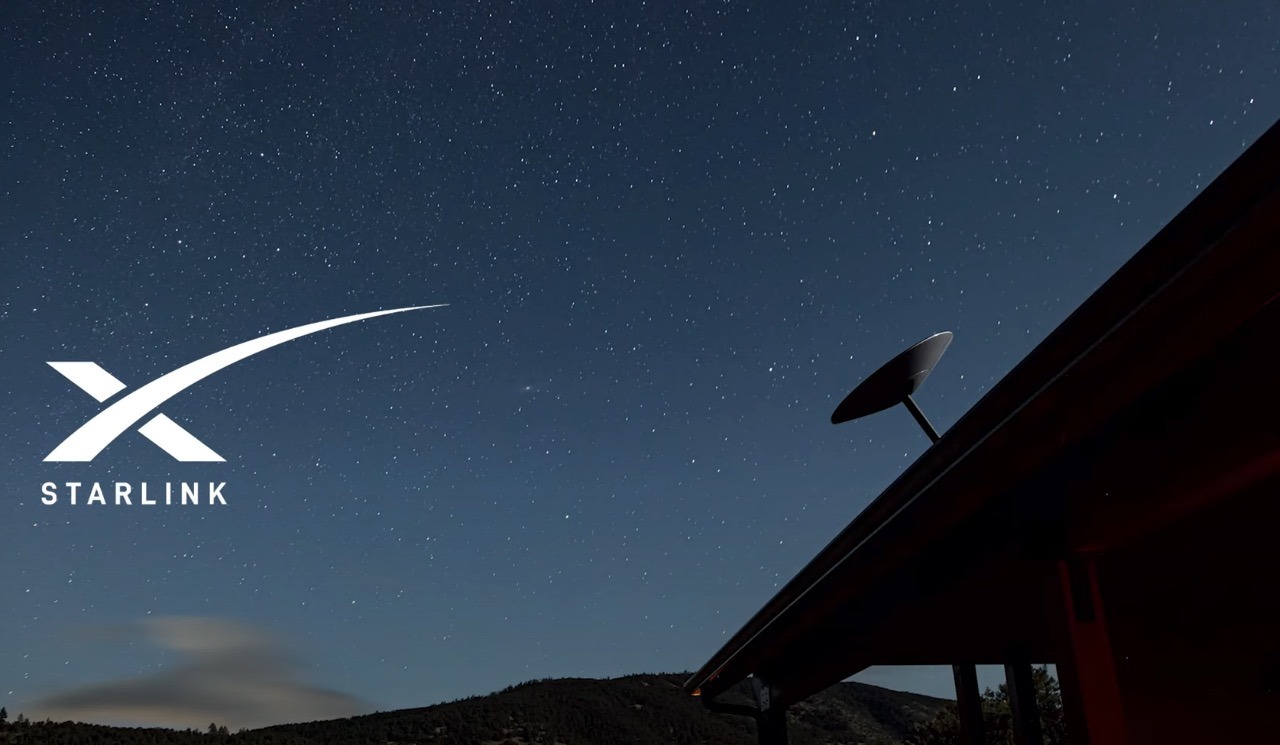
Amazon Urges FCC to Limit SpaceX’s Starlink Expansion

Amazon is the latest competitor to oppose SpaceX’s application to expand its constellation of Starlink satellites — reports PCMag.
Starlink is a high-speed broadband internet service from SpaceX powered by satellites in low Earth orbit (LEO). The service aims to provide affordable internet with viable speeds and global coverage.
As of last month, SpaceX said Starlink is serving over 400,000 subscribers across the globe. The company has launched more than 2,500 Starlink satellites to date, and it is currently asking the U.S. Federal Communications Commission (FCC) to authorize plans for a constellation of up to 30,000.
“Granting a small subset of its nearly 30,000 satellite system would offer SpaceX a path to begin deploying, while also providing the Commission time to carefully address the issues raised by its larger constellation,” Amazon argued in a letter to the FCC.
There are currently only 4,800 active satellites in orbit around the Earth. SpaceX, meanwhile, is asking to deploy a total of 30,000 of its own. Rival companies, and even NASA, have raised concerns over possible space debris, environmental impact, and effects on competition.
Amazon also sees more Starlink satellites as a threat to its planned satellite internet service.
“The Commission should proceed carefully to ensure that SpaceX’s deployment does not come at the expense of competition and innovation from other emerging NGSO FSS (non-geostationary fixed service satellite) systems. Once launched, satellites remain in orbit for years, or even decades,” the letter continued.
According to the e-commerce giant, “potentially more than 10,000” of the second-gen Starlink satellites SpaceX wants to deploy could operate at the same altitudes as the satellites it plans to launch in the coming years.
Viasat, another Starlink rival, recently urged the FCC to reject SpaceX’s expansion application. The U.S.-based satellite broadband operator alleged that more Starlink satellites could increase the risk of in-orbit collisions.
Amazon, however, clarified it is not asking the FCC to deny SpaceX’s proposed network expansion altogether.
“Instead, it asks only for reasonable and targeted conditions designed to ensure that SpaceX’s nearly 30,000 satellites do not unduly interfere with Amazon’s planned deployment or foreclose future NGSO FSS systems from deploying.”
Amazon went on to propose that the FCC grant only one of SpaceX’s 18 filings for its second-gen Starlink constellation with the International Telecommunication Union at this time.
According to the company, doing so would give SpaceX time to prove that the satellites won’t compromise orbital safety or cause radio interference. “At the same time, such a grant would enable SpaceX’s near-term deployment,” Amazon added.

